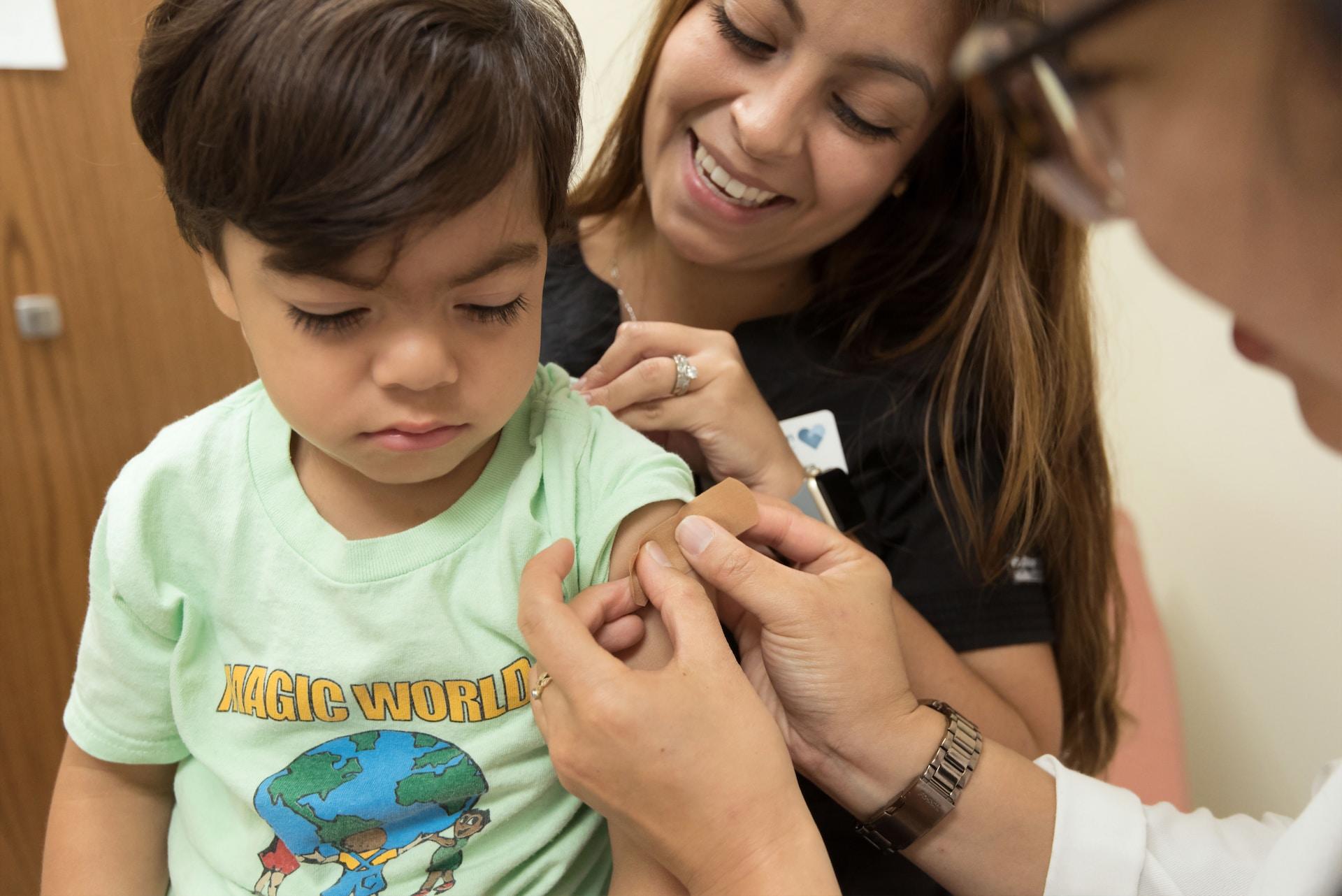In the constantly evolving world of healthcare, the role of nurses is primordial and the demand for qualified nursing professionals continues to grow everyday. As aspiring students work their way to become successful nurses, they are confronted with the choice between the various nursing careers and educational programs. Exploring all of the possibilities can be both exciting and overwhelming. This article aims to shed light on the various types of nursing programs available in the United States, ranging from traditional degree options to specialized certifications.
By understanding the nuances of each program, prospective nursing students can make informed and confident decisions that align with their career goals and aspirations. Whether you choose a bachelor's degree, an associate degree or explore advanced practice nursing, we will try to provide clarity on the different educational nursing paths that pave the way for a rewarding and impactful career in nursing.

What Are the Different Nursing Programs offered in the United States?
Among the different nursing programs taught in the United States, there is a program for every aspiring nurse. Picture this: 1,631 schools in the United States extend a welcoming hand to those diving into the profession, offering a certificate or associate degree programs for registered or practical nursing (ADN, LVN, or LPN). The program that suits you depends on your aspirations, values and educational style!
In the United States, there are 1,631 educational institutions that provide certificate or associate degree programs for registered or practical nursing and 1,033 schools that offer a registered nursing program leading to a bachelor's degree (BSN).
Now, if your heart is set on reaching higher, there are 1,033 schools across the nation ready to guide you through bachelor's degree programs in nursing (BSN). It's more than just a degree! It's a specialized and thorough study of healthcare, along with a complete approach that readies you not only to care for patients, but also to lead and bring innovation.

However, it doesn't have to end after your graduate from your first degree! You can also choose specialize in order to match your passion. Specializations include: pediatrics, geriatrics, family nurse practitioner, and more!
Now, let's take a look at a few nursing programs that are offered in the United States for aspiring nurses!
| Program | Emphasis |
|---|---|
| Nursing Diploma | Hands-on clinical experience |
| Associate Degree in Nursing (ADN) | Combines nursing coursework with clinical experience |
| Bachelor of Science in Nursing (BSN) | Includes a broader education in addition to nursing coursework |
| Accelerated BSN | Designed for individuals who already hold a non-nursing bachelor's degree |
| Master of Science in Nursing (MSN) | For register nurses seeking to advance their education |
| Doctor of Nursing Practice (DNP) | Highlights leadership, evidence-based practice, and clinical expertise |
| Doctor of Philosophy in Nursing (Ph.D.) | Focus on research and preparing nurse scholars. For those interested in academic or research-oriented careers |
| Nurse Anesthesia | For nurses pursing a career as nursee anesthetists |
| Nurse Midwifery | For nurses seeking to specialize in midwifery |
| Family Nurse Practitioner | For nurses aspiring to become family nurse practitioners |
Nursing is a career that empowers you by giving you the tools to contribute meaningfully to the future of healthcare. With a rising need for caring and skilled professionals, these diverse nursing programs form the heart of a profession that profoundly impacts lives. Why should you study nursing abroad?

More Information on the Different Types of Nursing Careers
- Let's start by the Registered Nurses (RNs):
These are the unsung heroes, the ones who assess patient needs, create care plans and administer medications with a reassuring touch. RNs are the friendly faces you encounter in hospitals, clinics and community health settings, tirelessly working to ensure that every patient receives the best possible care. - Followed by the Licensed Practical Nurses (LPNs) and Licensed Vocational Nurses (LVNs):
They are the backbone of patient care as they provide support under the watchful eye of registered nurses and physicians. They're the ones ensuring comfort and well-being in long-term care facilities, rehabilitation centers and physician's offices.

- Now, let us introduce the Certified Nursing Assistants (CNAs):
These are the compassionate souls dedicated to the everyday needs of patients. Their responsibilities, amongst others, include bathing, dressing and offering a comforting presence. CNAs are the heartwarming presence in long-term care facilities and homes. - Venture into the world of Nurse Practitioners (NPs):
Meet the NPs, the advanced nurses with the ability to diagnose, treat and prescribe. They're the ones specializing in family medicine, pediatrics or mental health. NPs bring a deeper knowledge to primary care and form lasting connections with their patients. - Next up, the Certified Registered Nurse Anesthetists (CRNAs):
In the surgical field, CRNAs are the vigilant "guardians" of the patient's comfort and safety. Picture them working seamlessly with surgeons and anesthesiologists, ensuring a smooth and pain-free experience for those undergoing medical procedures. - Now, envision the Pediatric Nurses:
These are the nurturers of our youngest! Pediatric Nurses are specialized in the care for infants, children and adolescents. Pediatric nurses work in hospitals, clinics and pediatrician's offices, creating environments where children feel safe and cared for. - And finally, meet the Geriatric Nurses:
Geriatric nurses are care givers and companions for the elderly. They manage chronic conditions and promote well-being. Geriatric Nurses generally work in long-term care facilities, assisted living centers and homes, ensuring dignity and comfort during the later stages of life.
All in all, nursing offers a variety of roles that are tailored to different healthcare needs. Registered Nurses (RNs) provide general care, while Nurse Practitioners (NPs) specialize in areas like family health or pediatrics. Nurse Anesthetists manage anesthesia during medical procedures and Nurse Midwives focus on maternal health. Critical Care Nurses handle serious cases, Emergency Room Nurses manage urgent situations and Pediatric Nurses care for children. Psychiatric Nurses support mental health.
Beyond direct care, Nurse Educators teach, Nurse Administrators oversee operations and Nurse Researchers contribute to medical knowledge. This variety highlights nursing's adaptability, addressing diverse patient needs and settings. Each role is important as they collectively contribute to the health and recovery of individuals.
How Can Superprof Be Useful During Your Nursing Studies?
Superprof transforms your learning experience by connecting you with skilled and caring tutors who specialize in nursing education. In the challenging world of nursing, Superprof becomes your learning ally. These tutors, experienced and passionate about nursing, provide more than just lessons. They offer a personalized and one-on-one tutoring environment. Need help grasping a complex concept? Struggling with exam preparation or practical skills? You can hire a tutor who adapts their teaching to your personal educational needs, therefore fostering a supportive environment where your confidence can flourish.

Bonus points! The beauty of Superprof lies in its flexibility. Life as a nursing student can be demanding and Superprof recognizes that. With a tutor from this platform, you can learn at your own pace and schedule, ensuring that your private tutoring classes align with your busy schedule. Superprof can help you navigate through the challenges of nursing and accompany you into becoming a confident and successful nurse.















